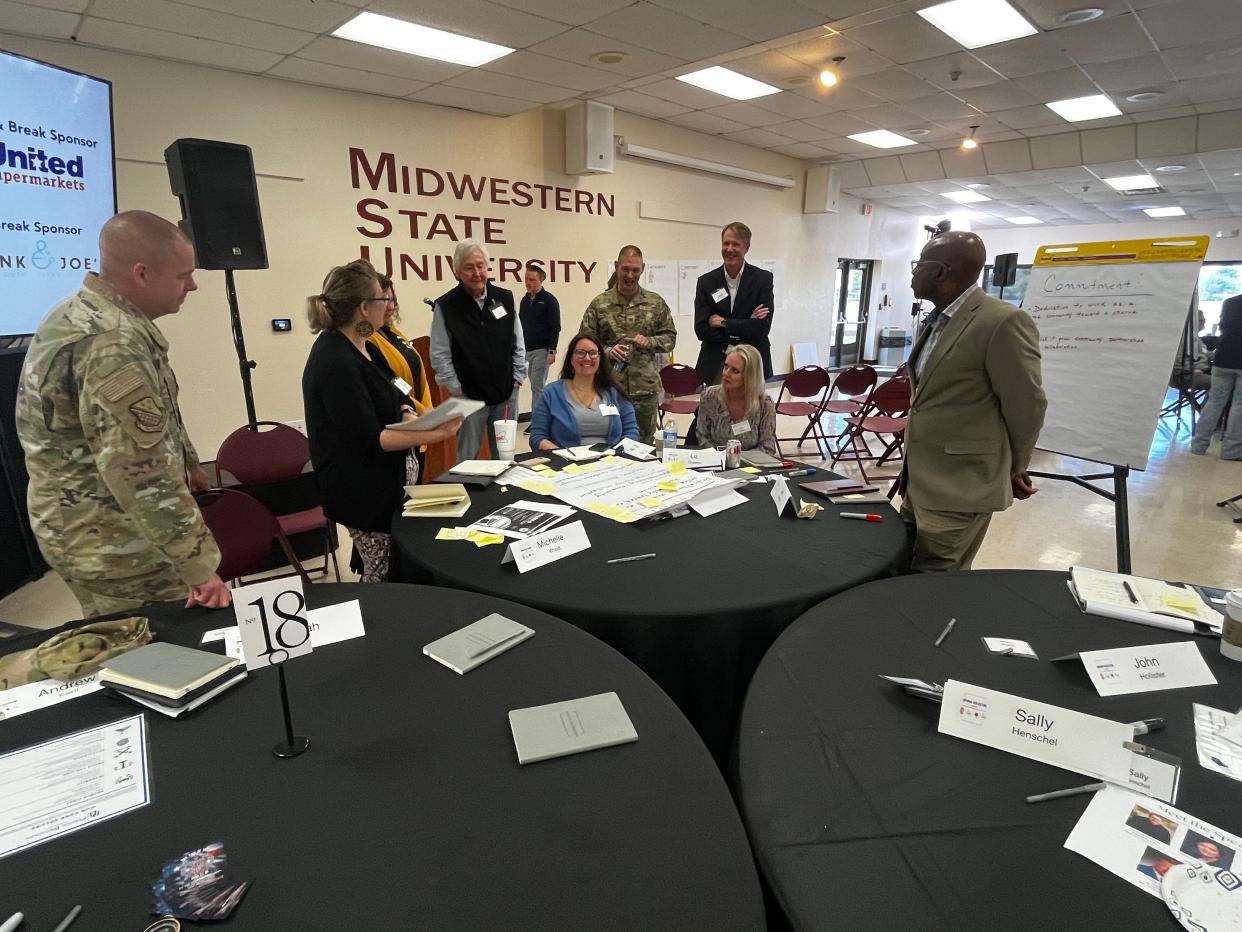Paying it forward: Leaders, always learning
"Leadership is the art of getting someone else to do something you want done because he wants to do it," said president Dwight D. Eisenhower. Leaders and their teams enabled today’s innovations, e.g. Internet and modern medicine.
“It’s not about being right, but being effective,” challenged Tom, my boss at Motorola.
Leadership is key to effectiveness, as there are only 24 hours in anyone’s day. Articulating a vision that attracts others, and then getting those attracted to engage in making the vision a reality is what moves an organization forward.

Leaders make sound and tough decisions. Leaders guide their organizations through the stresses of the disruptions that arise. Leaders are not only the head of the organizations but those throughout an organization who lead and ensure success in support of the vision. With success, comes retention of the people in the organization, and the opportunity to repeat the cycle.
Characteristics of effective leaders include: self-confidence, strong communication and management skills, creative and innovative thinking, perseverance, willingness to take risks, open to change, levelheaded and reactiveness in times of crisis.
“Leadership is a matter of intelligence, trustworthiness, humaneness, courage, and discipline … Reliance on intelligence alone results in rebelliousness. Exercise of humaneness alone results in weakness. Fixation on trust results in folly. Dependence on the strength of courage results in violence. Excessive discipline and sternness in command result in cruelty. When one has all five virtues together, each appropriate to its function, then one can be a leader.”
—Sun Tzu, "The Art of War"
Leadership is a skill, and with focus, can be learned and developed. Have a challenging plan, then work your plan. Become more self-aware; know your strengths and weaknesses and how these effect your team.
Share your values, live your values and acknowledge; when you don’t, get on track. No one is perfect 100% of time; you are always influencing others and being watched.
Connect with the people you lead or could lead. Connections build trust, understanding and bonds that are critical for successful leadership. The best leaders know the personalities and capabilities of their team members.
Leaders learn with others, being influenced and influencing others in the group. The group becomes a team, stronger from bonds of common experiences. Change is part of life; leaders know and adapt continuously. Most importantly, leaders celebrate the successes of the team.

Jack Browne is a community volunteer and former tech sales and marketing executive who worked 40 years at Motorola, MIPS Technologies and other companies. How are the children doing? Visit his website at www.newcollarcoach.com.
This article originally appeared on Wichita Falls Times Record News: Jack Browne: Paying it forward: Leaders, always learning
